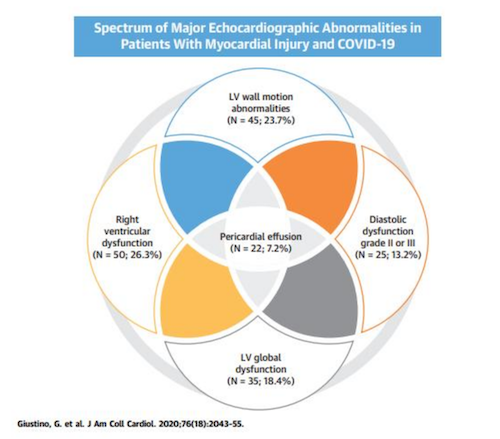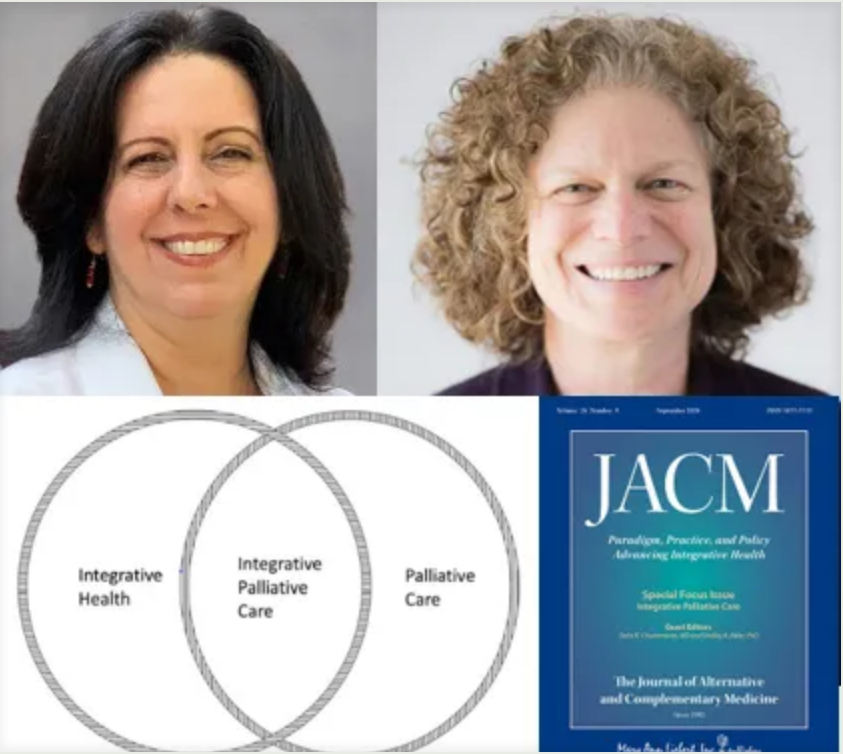Successfully Launch An Online Wellness Education and Lifestyle Medicine Program
Since the pandemic, they way you manage your patient relationships, their wellness goals and market your practice has no doubt changed. Even if you thought everything was covered before the world turned upside down, there is much to learn in this new digital age of medicine. And, there’s always somethingRead











